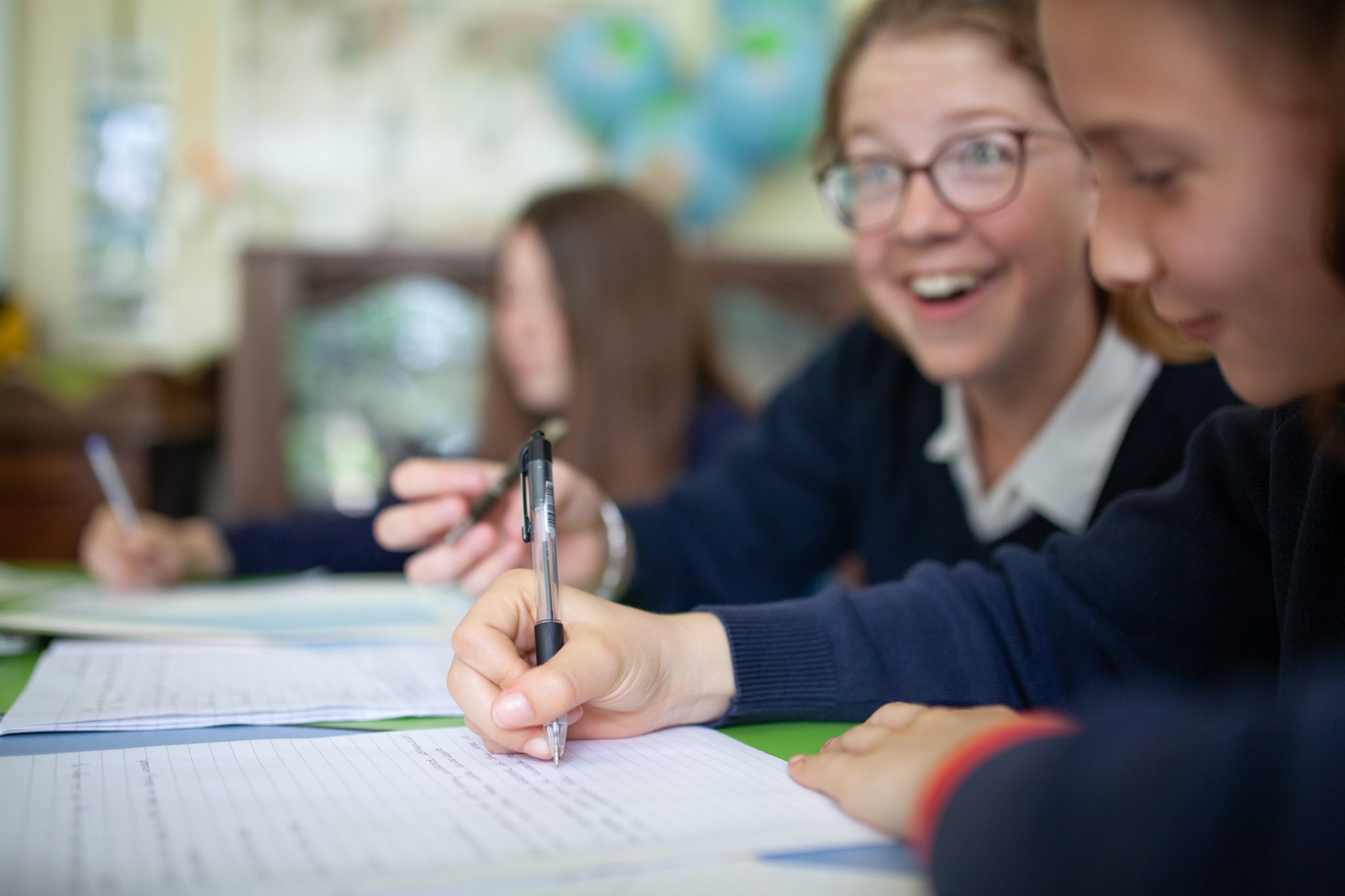
St Edmund's
Junior School Religious Studies
The aim of Religious Studies at St Edmund’s Junior School is to engage pupils in a systematic enquiry into the significant human questions which religion and worldviews address.
We aim to make pupils increasingly religiously literate and so enable them to hold their own in most religious conversations, and engage in meaningful dialogue with those of other faiths and none.
The rationale of the Religious Studies Department is entirely educational (ie. non-confessional). The syllabus does not concentrate exclusively on any one religion nor on any one point of view, because to do so would be to hinder pupils’ understanding of the nature of religion. World Religions, Philosophy of Religion and Ethics are taught alongside Christianity. The latter is also experienced ‘in action’ through Chapel services, where we celebrate festivals together and where the main tenets of Christian teaching are brought into the context of our every day lives.
The spirit of enquiry lies behind all Religious Studies lessons. As pupils are introduced to new ideas, they are encouraged to express their views openly within a safe and structured environment. Lessons are designed to be fun, challenging and thought provoking, with tasks planned to support creativity and diversity of thinking.
As a Department, we aim to:
- Encourage pupils to reflect on their own beliefs and values and to expand and refine these through the examination of other points of view
- Promote cultural and moral development by fostering an empathy and respect for ideas, opinions and ways of life other than their own
- Nurture each pupil’s awareness of their own spirituality
- Foster an understanding of the importance and relevance of religion to individuals and communities worldwide
- Acquire the skills of selecting, acquiring and recalling information and vocabulary relevant to Religious Studies
- Develop the skills of listening, self awareness and the ability to communicate ideas in a variety of ways
- Learn how to evaluate religious concepts in an analytical way and respond critically to their own and others’ beliefs.
